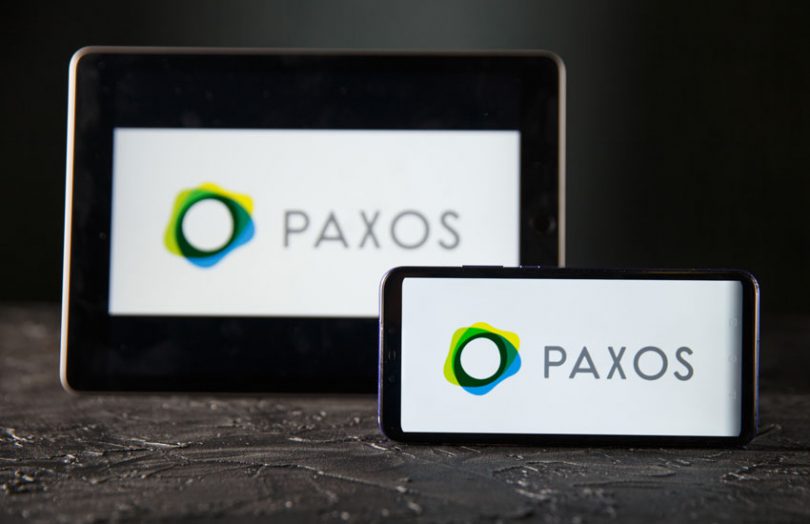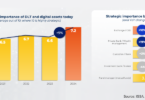Today Paxos announced that it processed the first blockchain post-trade transaction in the U.S. equities market between Credit Suisse and Instinet. The transaction involved the simultaneous transfer of title and payment or delivery versus payment (DvP). As previously announced, Société Générale will also be using the platform soon.
On the one hand, DvP would seem to offer enormous efficiency benefits such as no need for reconciliations. Plus the advantage of immediate or one day settlement versus two day settlement. However, most current settlement systems offer netting, which can reduce the liquidity requirements at any one point in time. The DTCC has highlighted this point, as have clients of the Australian Securities Exchange (ASX), which will also be offering instant settlement with its new CHESS settlement system.
The Paxos participants see the benefit. “Paxos Settlement Service introduces blockchain technology that’s compliant with regulations and allows us to take important strides towards evolving market structure and unlocking capital that is tied up in legacy settlement processes,” said Emmanuel Aidoo, Head of Digital Asset Markets at Credit Suisse.
Paxos is a New York regulated trust company, but it doesn’t currently hold a license as a clearing agent. It plans to apply to the SEC for a license this year. However, last year it received a no-action letter from the SEC for what is currently a “feasibility study”. The letter describes the platform in detail.
So although the Paxos Settlement Service is live, until October 2021, it can only have seven participants which need to have more than $100 million in capital. Additionally, the type of stocks that can be traded are limited, and not more than 100,000 shares for any one stock can be traded between two parties per day.
“Launching Paxos Settlement Service under No-Action relief is the first step in our journey to transform post-trade infrastructure in the securities industry,” said Charles Cascarilla, CEO and Co-Founder of Paxos.
“We’ve worked closely with Credit Suisse and Instinet to build a solution that can deliver long-term cost benefits and together we will refine the system in a live environment.”
We asked Paxos whether they host all the nodes of the blockchain and they responded: “This is a private blockchain based off of ethereum.”
Paxos has a separate solution, the Paxos stablecoin dollar PAX. While it sounds very different, there’s a significant amount of overlap when you look at the potential for a stablecoin and how the Paxos Settlement Service works. First and foremost, for a stablecoin, the issuer acts as a custodian for the the client’s money. Likewise for a settlement system.
Paxos Trust is a member of The Depository Trust Company (“DTC”). If a stock is to be settled on the Paxos platform, the current owner will transfer the stock from their DTC account to the Paxos DTC account. And Paxos will tokenize the stock.
Likewise for cash. The buyer transfers the money to Paxos, which holds it on trust and digitizes the cash in order to have cash-on-ledger. We asked whether this uses the Paxos stablecoin (PAX), which lives on the public Ethereum ledger.
Paxos responded: “Digitized cash is held in reserve by Paxos – not exactly PAX. When settlement occurs, digitized cash and digitized securities are transferred directly between participants. Participants use fedwire to create digitized cash.”
In the initial stages, the stocks get transferred back to the DTC because Paxos has not yet developed corporate actions such as dividend payments.
Furthermore, there is some risk of default if the buyer has not transferred funds by the time of the trade. Hence there are margin requirements, but given this is a feasibility study, volumes are expected to be low, so Paxos has agreed to cover the margin requirements itself. However, once the total margin goes over $100,000, then Paxos plans to start asking participants to put up margin.
To date the company has raised $93 million in venture funding.
Update: Paxos responses to questions were added.







